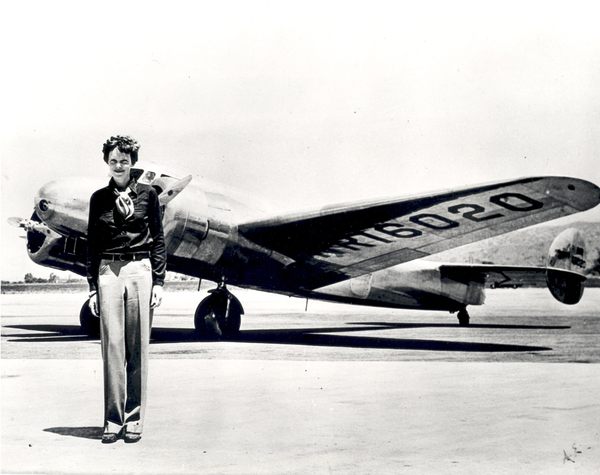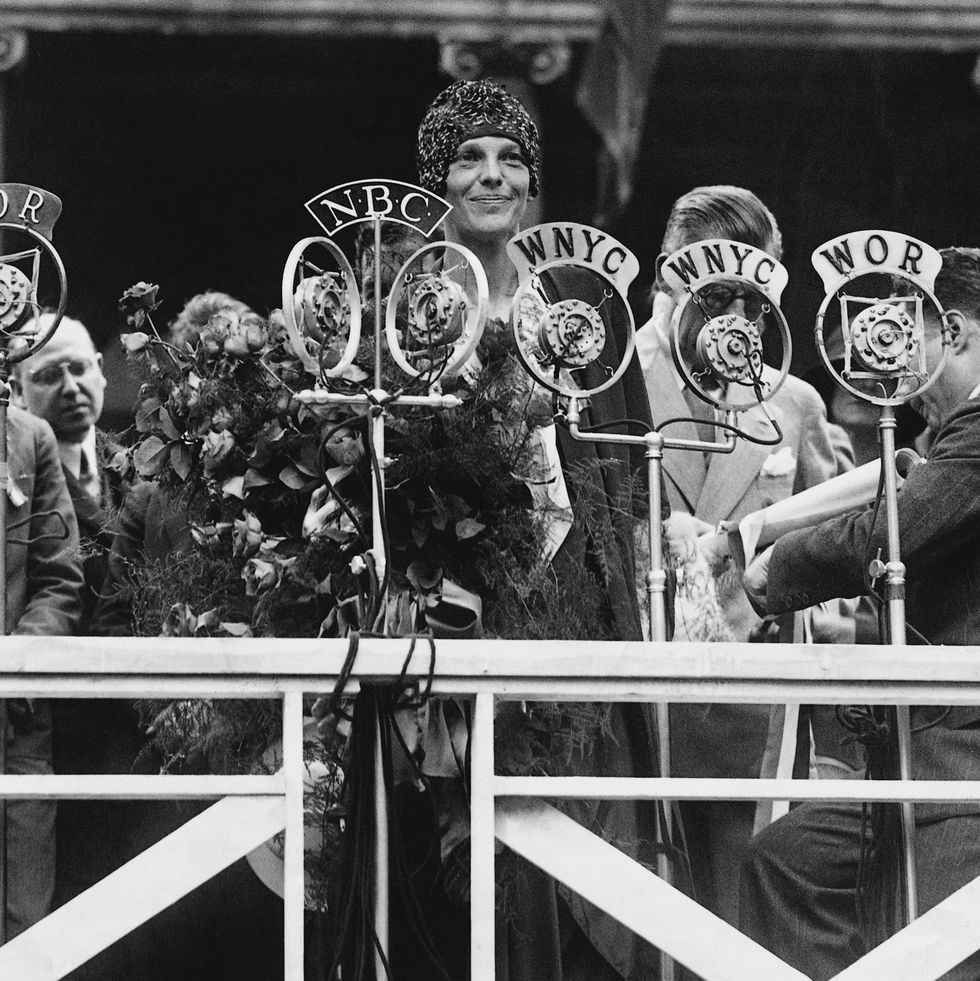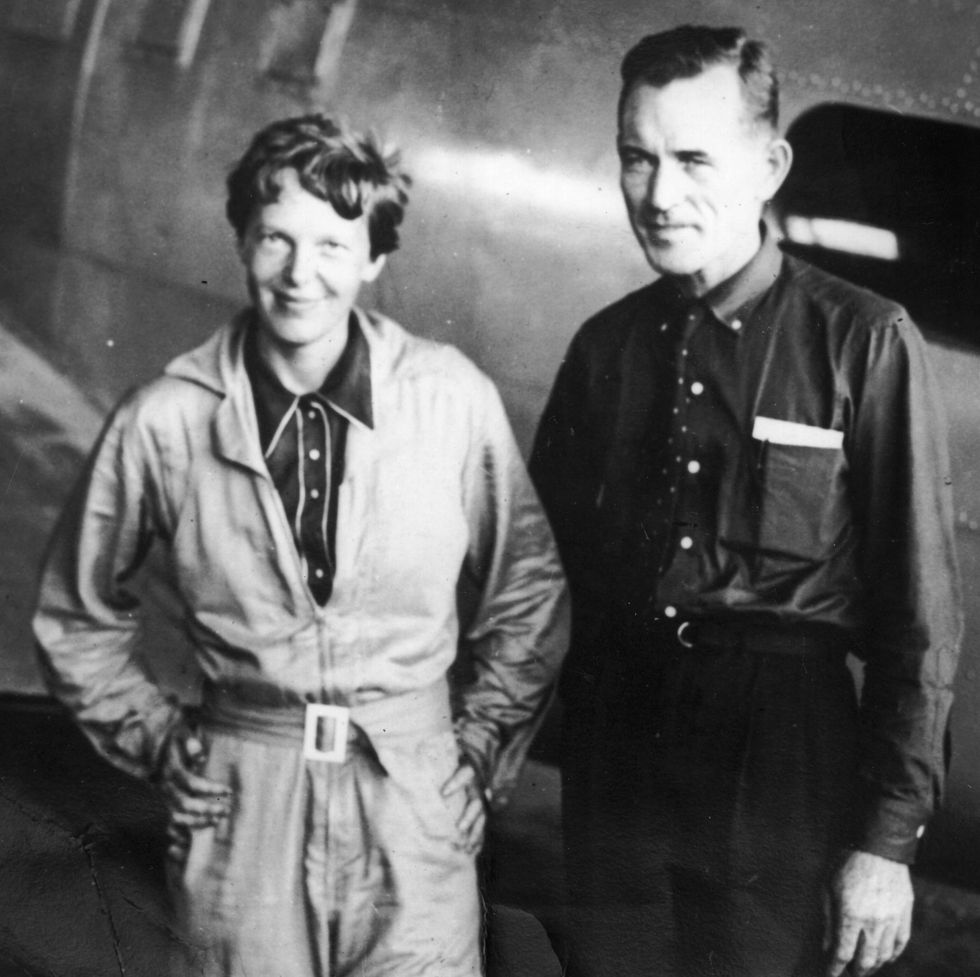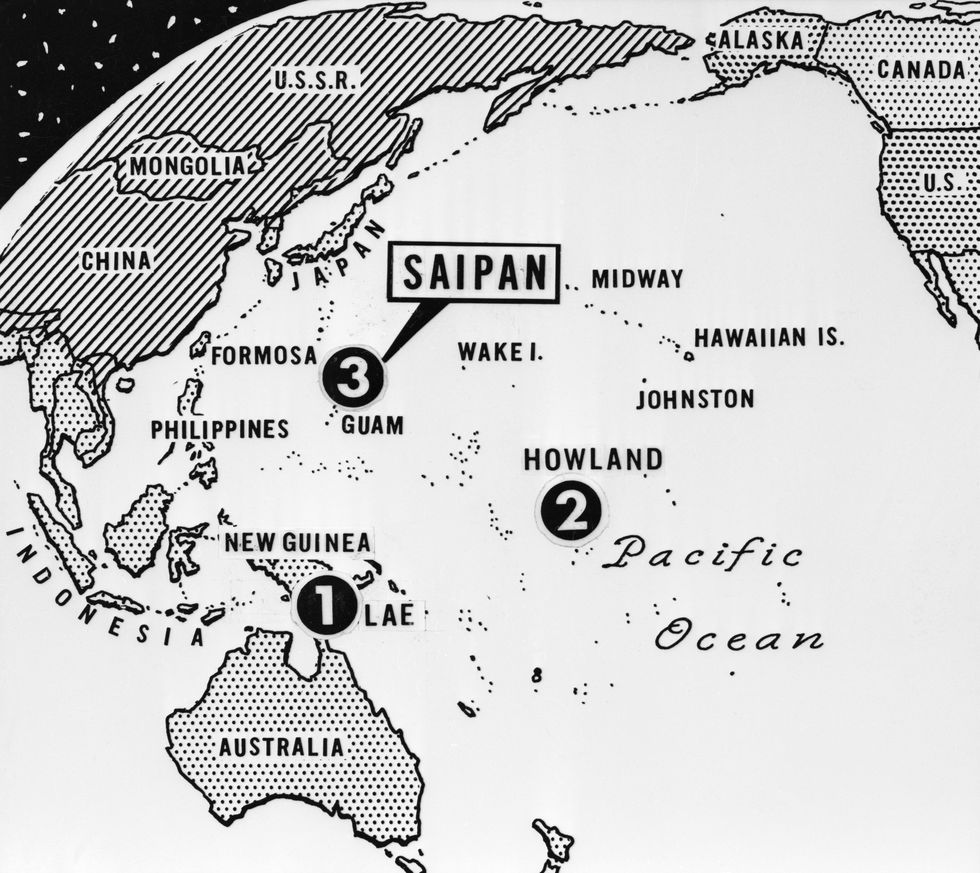
Pioneering Achievements in Aviation
Amelia Earhart made significant strides in aviation, breaking multiple records during her career, which spanned the 1920s and 1930s. Notably, she became the first woman to fly solo across the Atlantic Ocean in May 1932, completing the flight from Newfoundland to Northern Ireland and cementing her status as an aviation pioneer[1][2][10]. This landmark accomplishment followed her earlier flight as a passenger on a transatlantic flight in 1928, which gained her immense public attention and made her a media sensation[4][7].
In addition to her transatlantic flights, Earhart was the first woman to fly solo nonstop across the United States, traveling from Los Angeles to Newark in August 1932. This journey marked a significant achievement in aviation history and further showcased her exceptional piloting skills[8][10]. That same year, she also set the speed record for flying from Honolulu, Hawaii, to the U.S. mainland, making her the first person—regardless of gender—to complete this daring journey[7][10].
Throughout her career, Earhart was committed to setting ever-higher goals. She achieved several altitude records, including being the first woman to fly solo above 14,000 feet in 1922 and later setting a record of 18,415 feet in 1931 while flying an autogiro[2][8][10].
Advocacy for Women in Aviation

Earhart's contributions transcended her impressive flight records; she also played a pivotal role in promoting the advancement of women in aviation. In 1929, she co-founded The Ninety-Nines, an organization dedicated to supporting women pilots and ensuring their representation in the aviation industry. Earhart served as the first president of this organization, which still exists today and continues to advocate for women in aviation[3][5][10].
By forming The Ninety-Nines, she helped establish a sisterhood among female aviators who sought equal opportunities in a field dominated by men. The organization was founded in response to the challenges women pilots faced, including sexism and limited access to resources. Earhart expressed the vision that through collective support, women pilots could achieve the same respect and opportunities as their male counterparts[3][9].
Cultural Impact and Legacy

Through her celebrity status, Earhart influenced society’s perceptions of women in aviation and beyond. Her writings, including 20 Hours and 40 Minutes and The Fun of It, reached wide audiences and educated them about aviation, while also encouraging women to pursue their dreams in fields traditionally reserved for men[4][11]. She leveraged her public appearances to inspire countless women, breaking down stereotypes and challenging gender roles. Earhart famously declared her belief in women's capability, advocating that they could excel in various fields, including aviation[5][6][10].
Her commitment was evident not just in her flight endeavors but also in her active participation in women's rights advocacy. Earhart’s marriage to publisher George Putnam was particularly notable for its progressive aspect; she insisted on an equal partnership, maintaining her identity and professional aspirations while navigating her marriage[2][6].
The Circumnavigation Flight and Mysterious Disappearance

In 1937, aiming to become the first woman to fly around the world, Earhart undertook her most ambitious project yet, flying in a Lockheed Electra with navigator Fred Noonan. They embarked on their journey starting from Oakland, California, on June 1, 1937, and by June 29, they had reached Lae, New Guinea, having completed around 22,000 miles[1][2][4].
The final leg of their journey took them to Howland Island, but shortly after departure on July 2, they lost contact with the U.S. Coast Guard and eventually vanished. The extensive search efforts concluded without success, leading to widespread speculation and numerous theories about their fate, further solidifying Earhart's status as a cultural icon and symbol of adventure and mystery[1][4][9].
Enduring Influence

Despite her tragic disappearance, Amelia Earhart's legacy continues to influence aviation today. She is celebrated not only for her aviation accomplishments but also for her advocacy for women in male-dominated fields. Many modern organizations continue her mission, striving to increase the representation of women in aviation and related industries[5][6][11].
In summary, Amelia Earhart's contributions as a record-setting aviator and a tireless advocate for women have left an indelible mark on aviation history. Her life serves as a powerful reminder of the importance of courage, determination, and pursuing one's ambitions against all odds.
Get more accurate answers with Super Search, upload files, personalized discovery feed, save searches and contribute to the PandiPedia.
Let's look at alternatives:
- Modify the query.
- Start a new thread.
- Remove sources (if manually added).
- Request a manual search from our human research team.